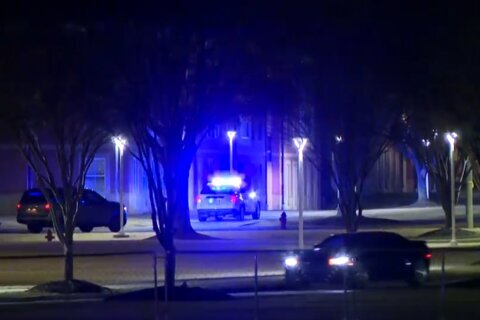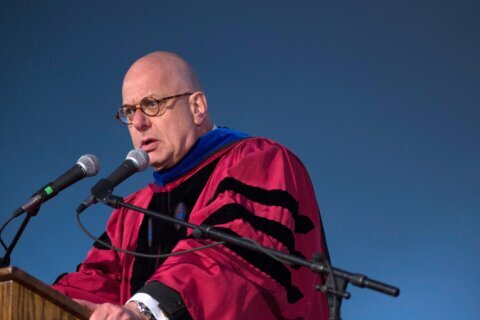Virginia education staffers who reviewed the state’s African American studies elective course have proposed a series of recommended changes, including in some cases switching references from “racism” to “discriminatory practices” and removing mentions of white supremacy.
The review was obtained by the group American Oversight through a public records request to the Virginia Department of Education. The document, dated August 2023, details suggested changes to the elective class.
According to Brooks Fuller, American Oversight’s research director, the nonprofit is a nonpartisan organization that looks at government interference in trusted institutions, specifically “how political motivations kind of creep up in things as simple as school curriculum.”
The Washington Post was first to report the recommendations detailed in the review.
The Virginia Department of Education’s history team reviewed the African American studies elective to see whether any elements violated Gov. Glenn Youngkin’s Executive Order 1 from 2022, which bans “inherently divisive concepts” from being taught in state public schools. A spokesman said a review of the course is still ongoing, and that changes haven’t been made and aren’t scheduled to be made to the class.
The 14-page document explains recommended changes are either made for clarity or by stating original concepts violate the executive order.
In one case, the review calls for a sentence that says “institutional racism remains” to be removed, because it violates the executive order.
“When you replace it with something like ‘discriminatory practices,’ you’re replacing something specific with something inherently very vague,” said Fuller. “And then what it does is it just leaves more questions than it provides answers about the historical record.”
The educator group is recommending a separate item that says “impact of white supremacy as social control of African Americans” be switched to say “impact of the eugenics movement on social structure in Virginia.”
An additional suggestion calls for switching the phrase “develop questions about the modern-day impact redlining continues to have on African Americans” to “develop questions about the modern-day impact redlining had on African Americans.”
“It implies that those problems aren’t with us anymore, that there’s no legacy to that racially discriminatory, racist policy,” Fuller said. “And I think it’s those things that are so subtle, and can also be so insidious, that folks need to look out for and ask questions about.”
In a statement, a VDOE spokesman said the course “is a comprehensive exploration of African American history, with a specific focus on African American history in Virginia, and fully discusses all aspects of African American history in its entirety — both good and bad.”
The class is different from the AP African American studies course, which has been scrutinized nationally. The College Board sets the curriculum for that class.
Last year, the elective was offered in 89 schools across the state and over 1,700 high schoolers took it.
Fuller, with American Oversight, said the documents “show that the folks are suggesting these revisions to the curriculum are essentially trying to eradicate or eliminates the notion of racism or racist policies from school curriculum, even though those elements of American history are like in the fabric of so many of what we struggle with today.”
Some of the proposed changes, he said, “run with a lot of things that we’re seeing across the country,” particularly in states that have introduced similarly divisive concept laws or executive orders.
Get breaking news and daily headlines delivered to your email inbox by signing up here.
© 2024 WTOP. All Rights Reserved. This website is not intended for users located within the European Economic Area.








